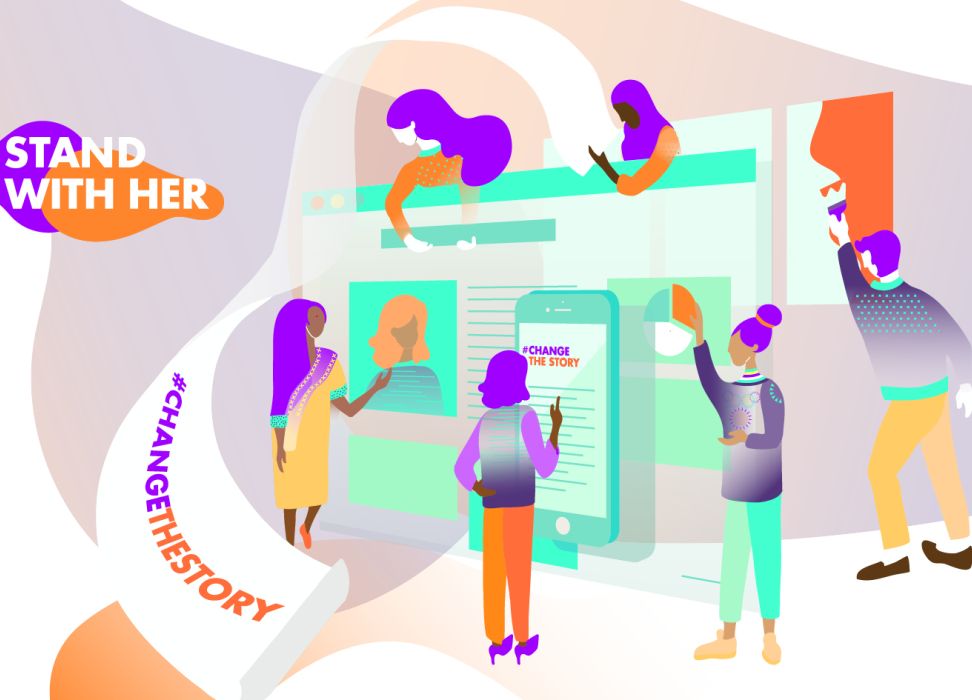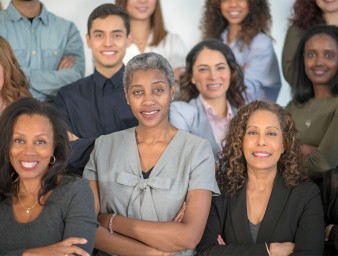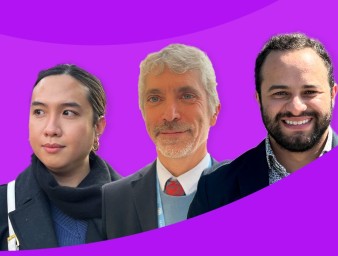#changethestory

Have things changed for women in the past 25 years since the Beijing World Conference? At the Conference, activists mobilised in an unprecedented effort to build a roadmap for gender equality.
Despite significant shifts and enormous progress since then, major gaps remain, and the struggle for gender equality must continue.
On this International Women’s Day, UN Human Rights is looking back and reflecting upon the advances made, the continuing challenges.
We invite you to do the same.
At the heart of gender-based discrimination lies harmful views and beliefs about the role of women, about their characteristics, and about what defines femininity and masculinity. Such views and beliefs are pervasive in all countries. Challenging them is the first step to build societies where women’s and girls’ rights, and the rights of lesbian, gay, bisexual, transgender and intersex (LGBTI) people, are fully respected.
Our “I Stand with Her” campaign in 2020 will focus on “narratives” around gender equality, women’s rights and issues affecting women and LGBTI people, and will challenge stereotypical views and perspectives.
Let’s change the story
Changing narratives around gender equality is essential at a time of significant pushback on gender equality. The #IStandWithHer campaign will shed light on narratives that are harmful to women’s, girls’ and LGBTI rights, and help to change them.
Join us and take action for gender equality by challenging harmful content you see on the web, highlighting it with the hashtag #changethestory.
In partnership with Wikimedia, UN Human Rights will also aim at editing and creating new content on women human rights defenders and gender equality.
Statement of UN High Commissioner for Human Rights Michelle Bachelet
Get inspired
Watch the videos of women human rights defenders and take action. Amplify their voices through your networks, share their stories and act on their calls to action.
In Iraq, actress and filmmaker Zahraa Ghandour empowers women by encouraging their participation in the media.
For Bandana Rana, despite significant shifts, the role of women during and after armed conflict remains too often neglected.
Catherine Harry is challenging harmful gender stereotypes in her native Cambodia.
#TheTotalShutdown is taking action against gender-based violence in South Africa.
Uma Mishra-Newbery from Women's March Global, a global grassroots movement defending women’s rights and gender equality.



